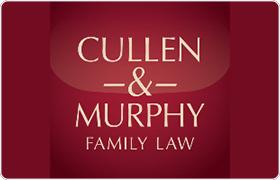Riverside Family Law Lawyer, California, page 5
Sponsored Law Firm
-
 x
x

Click For More Info:
-
Cullen & Murphy
4094 Chestnut Street Riverside, CA 92501» view mapDivorce & Family Law Fast. Fair. Thorough.
We work hard to reduce the financial and emotional toll of family legal matters so that you can move forward.
800-734-3061
Includes: Collaborative Law, Domestic Violence & Neglect, Paternity, Prenuptial Agreements
Daniel Edgardo Hernandez
Divorce, Property & Casualty, Child Custody, Family Law, Alimony & Spousal Support
Status: In Good Standing Licensed: 16 Years
Stephanie Lynne Pulley
Family Law, Divorce, Divorce & Family Law
Status: In Good Standing Licensed: 15 Years
Enrique Ramon Acuna
Immigration, Family Law, Criminal, Bankruptcy
Status: In Good Standing Licensed: 17 Years
Claudia Monique Yelder
Estate Planning, Family Law, Criminal, Civil & Human Rights
Status: In Good Standing Licensed: 7 Years
 Valerie Murphy Riverside, CA
Valerie Murphy Riverside, CA Practice AreasExpertise
Practice AreasExpertise
